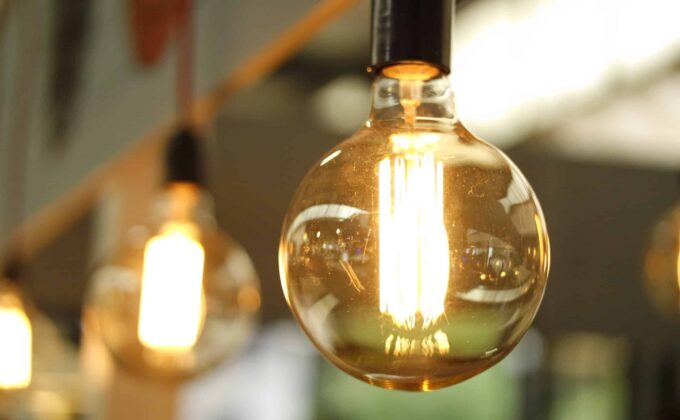Helen He manages the China team’s communications strategies and web presence, as well as outreach to trade journalists and social media in the power sector. She also prepares Chinese-language versions of various RAP publications, provides administrative support and works closely with the team to advance relationships with key audiences.
Experienced in the administration of European and Asian multinational corporations, she has a background in finance, procurement, event organization and office management. Prior to joining RAP, Helen He served as office manager for the Institute for Industrial Productivity’s (IIP) China program. She managed the administration, finance, and office operations of the IIP China team, provided support to program planning and implementation, maintained relationships with key partners, and was responsible for translating and producing IIP publications.
Helen holds a bachelor’s degree in business administration from Beijing International Studies University.
How Helen He is Energizing Change

借鉴北京经验,推动北方地区清洁供暖
热泵是实现可再生能源高效利用的技术路径,是热电转换的最佳途径,是全球公认的节能减碳技术措施。中国清洁取暖国家战略的实施,推动了热泵供暖的广泛应用。作为全国“煤改电”先进示范区域,北京制定了多项清洁取暖政策,以全社会减碳量为目标,综合考虑能源结构和价格系统,对比多种技术间的减碳效益和经济成本,鼓励可持续长期减碳的高效热泵技术发展,禁止、限制新增及改建热源中高碳排放的燃煤、燃气供热占比,为北方地区城市供热发展提供了积极参考。 北京市的发展经验可为京津冀地区转向以高效热泵为供暖主体提供样板。本文着重回顾了北京出台的用于支持热泵供暖的相关政策和技术路径,并提炼出几点可供其他地区参考的建议: 加强推广新能源取暖,将“电代煤”、“电代气”列为工作重点,明确高效热泵技术的“替代”效果。 提供热泵应用财政支持,激励企业和居民选择热泵进行供暖改造,并逐渐减少对化石能源供暖的资金支持。 与城市规划目标一致,结合国家和城市的“双碳”目标制定规划。对未来可能削减的工业和火电热电联产的余热,要充分考虑项目存续周期,论证余热利用的经济性后再投入建设,避免推高社会层面上实现“双碳”目标的经济成本和社会成本。 制定清晰可行的指标,设定有科学依据、数值明确、逐步增量的新能源供热采用目标。 促进热泵设备质量提升,引导用户选择能效比高并且性能稳定的供热设备,并定期更新产品质量要求。 本文精简版首刊于《中国电力报》,2024年6月24日… Read More +

New Renewable Energy Integration Pilots Explore Options to Reduce Curtailment of Clean Energy
In a statement dated October 8 (that first appeared online on October 19), China’s… Read More +

